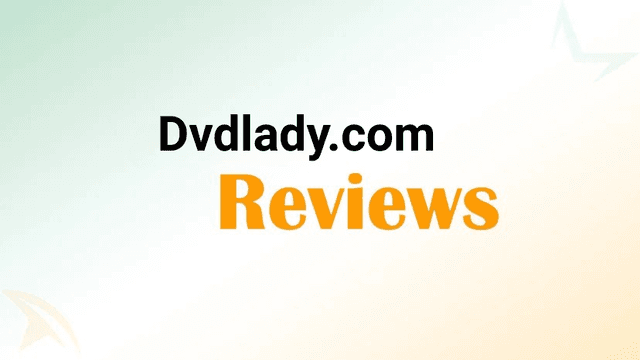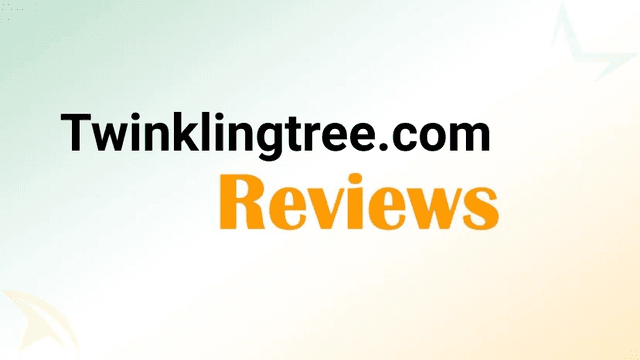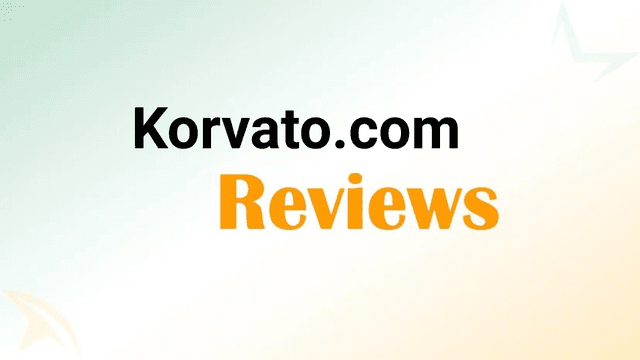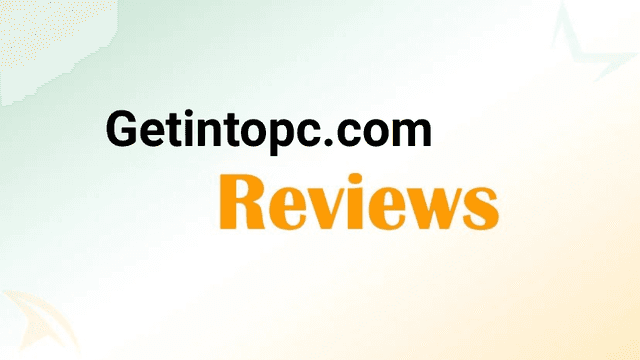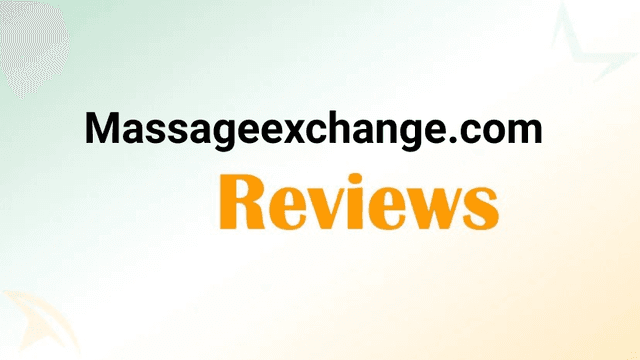In today's visually driven world, businesses across industries are generating and managing an ever-increasing volume of digital assets. From images and videos to documents and presentations, these assets are crucial for marketing, branding, sales, and internal operations. However, without a centralized and efficient system, managing this digital content can become chaotic, leading to wasted time, duplicated efforts, and inconsistent branding. This is where Digital Asset Management software comes into play.
A leading software review platform, choosing the right DAM software is essential for organizations looking to take control of their digital assets and improve their overall efficiency. DAM software provides a centralized hub for storing, organizing, searching, and distributing digital assets, empowering teams to collaborate effectively and maintain brand consistency.
Key Benefits of Implementing DAM Software:
- Centralized Asset Library: Eliminate scattered files across various drives and platforms. DAM software provides a single, organized repository for all your digital assets, making it easy to find what you need, when you need it.
- Enhanced Searchability: Advanced metadata tagging and filtering capabilities allow users to quickly locate specific assets, saving valuable time and effort. Say goodbye to endless scrolling through folders!
- Improved Collaboration: DAM platforms often include features for sharing assets internally and externally, streamlining workflows for content creation, review, and distribution.
- Brand Consistency: Ensure that all teams and stakeholders are using the latest and approved brand assets, maintaining a consistent brand image across all channels.
- Workflow Automation: Some DAM systems offer workflow tools to manage the creation, approval, and publishing of new assets, further optimizing team productivity.
- Digital Rights Management: Control how your assets are used with features like expiration dates and usage rights, protecting your intellectual property.
- Integration Capabilities: Many DAM solutions integrate seamlessly with other marketing and creative tools, such as Adobe Creative Cloud, marketing automation platforms, and content management systems, creating a cohesive digital ecosystem.
Top DAM Software to Consider (Based on G2 Insights):
While the specific top-rated software can vary based on the latest user reviews and reports on G2, some of the consistently recognized leading DAM platforms include:
- Frontify: Known for its user-friendly interface and customizable brand portals, making it ideal for enterprise and multi-brand organizations.
- Bynder: A comprehensive solution offering robust brand management functionality, including brand guidelines and creative templates, suitable for companies seeking a centralized content repository.
- Brandfolder: Acquired by Smartsheet, it offers strong collaboration capabilities and DAM functionality, particularly beneficial for mid-size and enterprise companies already using Smartsheet.
- Air: Recognized for its ease of use and trending popularity, providing a streamlined approach to digital asset management.
- Dash: Offers a user-friendly experience with features focused on organizing and sharing digital assets efficiently.
- MediaValet: A cloud-based DAM solution known for its enterprise-grade security and robust features for managing large volumes of assets.
- Image Relay: Provides a balance of features and usability, catering to various business needs for managing digital content.
- Acquia DAM (formerly Widen Collective): A powerful DAM platform offering a wide range of features for managing and distributing digital assets at scale.
- Canto: A well-established DAM solution known for its robust features and scalability, suitable for organizations with complex asset management needs.
- Filecamp: Offers a straightforward and user-friendly interface, making it a good option for smaller teams and organizations.
Choosing the Right DAM Software:
The best DAM software for your organization will depend on your specific needs, budget, and the complexity of your digital asset management requirements. Consider factors such as:
- Ease of Use: How intuitive is the platform for your team?
- Features and Functionality: Does it offer the features you need, such as metadata tagging, search capabilities, collaboration tools, and integrations?
- Scalability: Can the software grow with your organization's needs?
- Security: Does it offer the necessary security measures to protect your valuable assets?
- Pricing: Does it fit within your budget?
By carefully evaluating your options and considering the insights from platforms like G2, you can select a Digital Asset Management software solution that will empower your teams, streamline your workflows, and maximize the value of your digital content. Implementing the right DAM system is a strategic investment that can significantly improve your organization's efficiency and overall success in the digital age.
Also read





